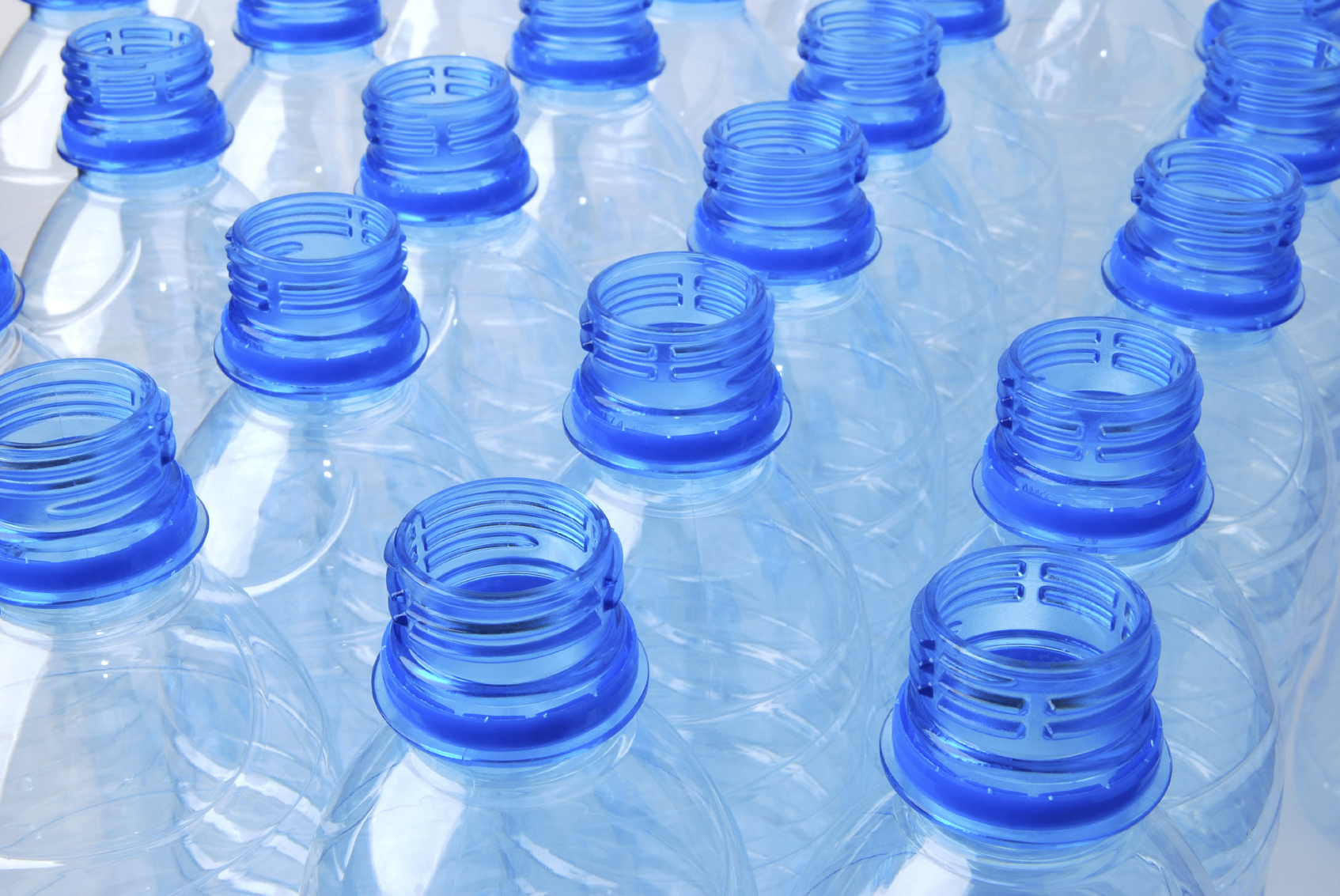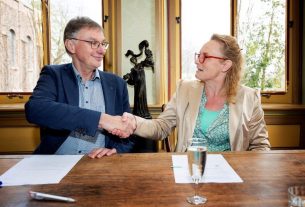United Kingdom – A team of researchers at the University of Bath’s Centre for Sustainable and Circular Technologies (CSCT) have developed a new and simple method for upcycling plastic waste at room temperature.
The researchers hope that the new method will make recycling more cost-effective. Plastic waste in landfills and the natural environment now outnumbers all living biomass, posing one of the greatest environmental challenges of the twenty-first century. While recycling rates are rising across Europe, traditional methods are still limited due to the harsh remelting conditions that degrade the material’s quality each time it is recycled.
Chemical recycling
Polycarbonates, a tough class of plastics commonly used in construction and engineering, now have a mild and rapid chemical recycling process developed by researchers at the CSCT. They were able to completely break down commercial poly(bisphenol A carbonate) (BPA-PC) beads in 20 minutes at room temperature using a zinc-based catalyst and methanol. The waste can then be broken down into its chemical components, such as bisphenol A (BPA) and dimethyl carbonate (DMC), which can help to maintain product quality over an infinite number of cycles. BPA recovery is important because it prevents the release of a potentially harmful environmental pollutant, whereas DMC is a valuable green solvent and a building block for other industrial chemicals.
The catalyst is also tolerant to other commercial sources of BPA-PC and mixed waste feeds, increasing industrial relevance, and is amenable to other plastics (PLA) and polyethylene terephthalate (PET) at higher temperatures, which is promising.
Scaling up
The team has also demonstrated a fully circular approach to the production of several renewable polyester-amides (PEAs) using terephthalamide monomers derived from waste PET bottles. These materials have outstanding thermal properties and could be used in biomedical applications such as drug delivery and tissue engineering.
The technology has only been demonstrated on a small scale so far, but the team is now working with collaborators at the University of Bath on catalyst optimization and scaling up the process. The Engineering and Physical Sciences Research Council funded the study.




